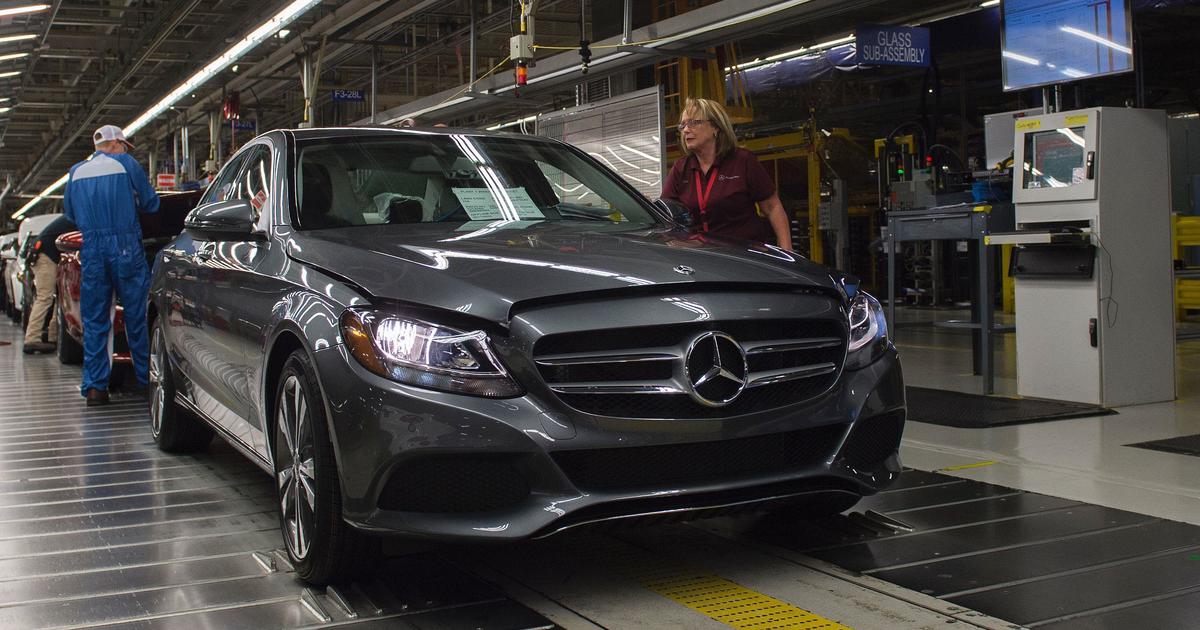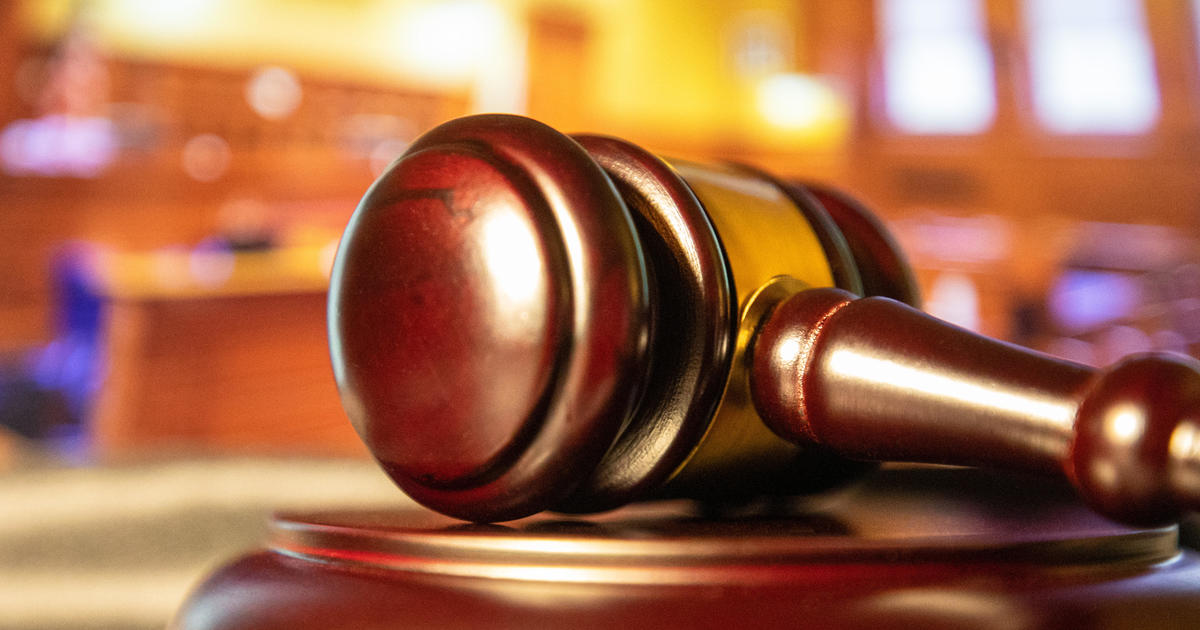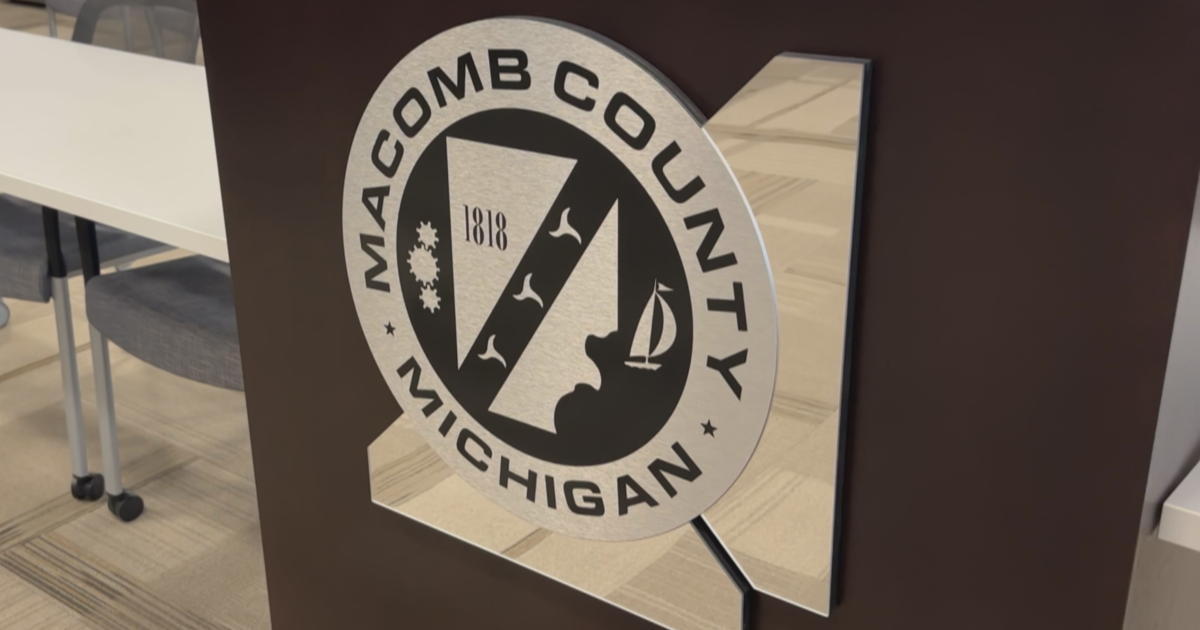Chevy Offers Fuel Savings Tips
With gas prices climbing, General Motors' Chevrolet division Wednesday offered these dozen tips to fuel savings:
Tune Up: A properly tuned engine can improve fuel economy about 4 percent, according the United States Environmental Protection Agency. Fixing a serious issue -- such as faulty oxygen sensor -- can boost mileage up to 40 percent.
Pump Up: Properly inflated tires improve gas mileage by up to 3.3 percent. Properly inflated tires are safer and last longer. Under-inflated tires can lower fuel economy by 0.3 percent for every one pound-per-square-inch drop in the pressure of all four tires. Do not rely solely on the tire pressure monitoring system to detect an under-inflated tire -- it's best to check tires with a good gauge once a month and check your owner's manual for more information.
Unpack: Carrying unneeded cargo makes your vehicle work harder and use more gas. The EPA says an extra 100 pounds reduces fuel economy up to 2 percent -- even more in smaller vehicles. A loaded roof rack cuts fuel economy by up to 5 percent. About a quarter of each gallon of gas goes toward overcoming wind resistance, so when cargo rides on top of the vehicle, fuel economy is reduced. Even empty ski, snowboard and bike racks can affect aerodynamics, so remove them when the seasons are over.
Slow Down: While each vehicle reaches its optimal fuel economy at a different speed (or range of speeds), gas mileage usually decreases rapidly at speeds above 60 mph, according to the EPA. Every 5 mph over 60 mph is like adding an additional 24 cents per gallon for gas.
Avoid Idling: A car gets 0 mpg when the engine is idling. While it does take a small amount of fuel to restart a vehicle, 15 minutes in the drive-through can burn through a quarter of a gallon of fuel. So that dollar menu is more like a $2 menu.
Chill Out: Speeding, rapid acceleration and braking can lower gas mileage by 33 percent on the highway and 5 percent in city driving.
Put it in Overdrive: Using an overdrive gear on the highway reduces engine speed, saving both fuel and engine wear.
Roll 'Em Down Around Town: Air conditioning reduces fuel efficiency by up to 10 percent. Avoid using the air conditioner by rolling down the windows at speeds below 40 mph. At speeds above 45 mph, the wind drag caused by open windows uses more fuel than running the AC.
Unclog: It's hard to run if you can't breathe. Older cars without fuel injection and computer-controlled technology can lose 14 percent of their fuel economy because of a dirt-clogged air filter, which also can damage the engine. A clean air filter improves acceleration. An air filter full of dirt makes the engine work harder and can let in impurities that damage the engine. Replacing a severely plugged filter improves fuel economy by up to 14 percent, according to the EPA. In modern cars, replacing a dirty or clogged air filter improves acceleration performance
Use the Right Oil: Because oil reduces engine friction and friction makes an engine work harder, using the manufacturer's recommended grade of oil improves fuel economy by 1 percent to 2 percent.
Skip the Additives: Unless endorsed in the owner's manual, avoid using additives or devices that promise to boost fuel economy. The U.S. Federal Trade Commission says many of these products don't work. And they can damage your vehicle.
Cap Check: Loose or poorly fitting gas gaps not only can trigger a "check engine" light, they send 147 million gallons of gasoline into the air as vapor every year, according to a report by the Discovery Channel. A missing or poorly fitting cap can reduce fuel economy by 1 percent to 2 percent.



